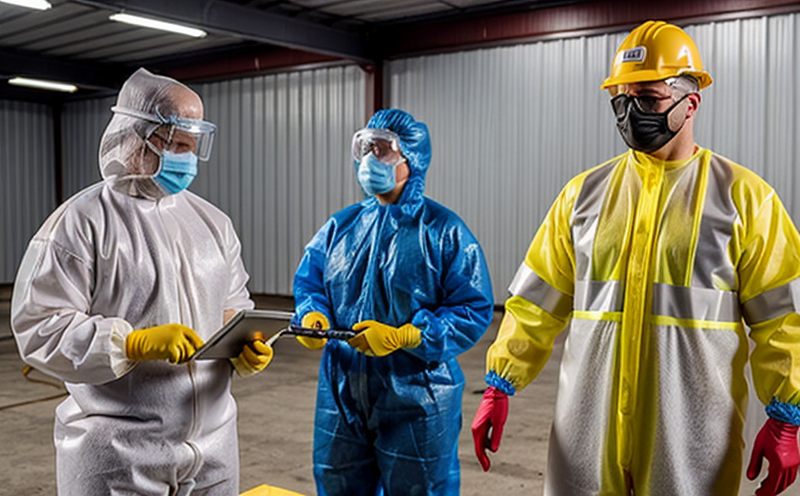DIN EN 12275 Mountaineering Connectors Static Strength Testing
The DIN EN 12275 standard is a key European specification for the static strength testing of mountaineering connectors. This service ensures that products meet stringent safety requirements, which are critical in high-risk environments where human lives are at stake.
Mountaineering connectors play a crucial role in securing climbers and ensuring their safety during various activities such as rock climbing, ice climbing, and mountaineering expeditions. These connectors must be tested rigorously to ensure they can withstand the forces encountered under real-world conditions without failure.
The static strength test evaluates how well these connectors hold under a defined load for an extended period. The test setup typically involves applying a known force in a specific direction, which simulates the expected loads during climbing activities. The specimen is held at this applied force for a predetermined duration, after which it must remain intact without any structural damage.
The DIN EN 12275 standard provides detailed specifications on the test setup, including the type of connectors to be tested, the loading apparatus, and the criteria for acceptance. This ensures that all testing is consistent and reproducible, thereby enhancing the reliability of the results.
Quality managers and compliance officers rely heavily on this service to ensure that their products meet the stringent requirements set by international standards. R&D engineers use these tests to refine product designs and improve performance. Procurement teams can also benefit from this service as it ensures they are sourcing materials that comply with industry best practices.
Testing according to DIN EN 12275 is mandatory for manufacturers who wish to enter the European market or ensure compliance with international safety regulations. This testing not only protects consumers but also enhances brand reputation and trust.
| Parameter | Description |
|---|---|
| Load Application | The load is applied to the connector in a specific direction, simulating real-world conditions. |
| Holding Duration | The specimen is held at the applied force for an extended period as specified by the standard. |
| Acceptance Criteria | The connector must not show any signs of failure or damage during and after the test. |
Industry Applications
This service is widely used in various sectors that involve high-risk activities, such as mountaineering, rock climbing, ice climbing, and rope access. In these industries, the integrity of mountaineering connectors can mean the difference between life and death.
- Mountaineering
- Rock Climbing
- Ice Climbing
- Rope Access
The primary application of this service is to ensure that mountaineering connectors are safe and reliable. By conducting these tests, manufacturers can demonstrate compliance with international standards and provide peace of mind to end-users.
Competitive Advantage and Market Impact
Compliance with DIN EN 12275 is not just a legal requirement but also a competitive advantage. By ensuring that products meet or exceed these standards, manufacturers can differentiate themselves in the market. This service helps companies to:
- Enhance brand reputation and trust
- Increase customer confidence
- Comply with international safety regulations
- Enter new markets more easily
The service also aids in the continuous improvement of products by identifying potential weaknesses or areas for enhancement. This proactive approach to quality control ensures that companies stay ahead of competitors and maintain a strong market position.
Use Cases and Application Examples
- Case Study 1: A mountaineering gear manufacturer uses this service to test its new line of carabiners. The test results ensure that the product meets DIN EN 12275 requirements, thus gaining market approval.
- Case Study 2: An outdoor retailer conducts static strength tests on climbing harnesses before their release. This ensures that all products are safe and reliable, enhancing customer trust.
In these examples, the service plays a crucial role in ensuring product safety and compliance with international standards. The test results provide valuable insights into the performance of the products under real-world conditions.





